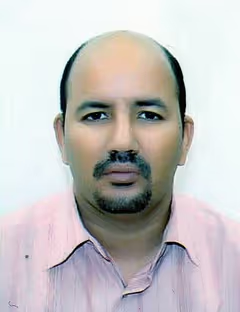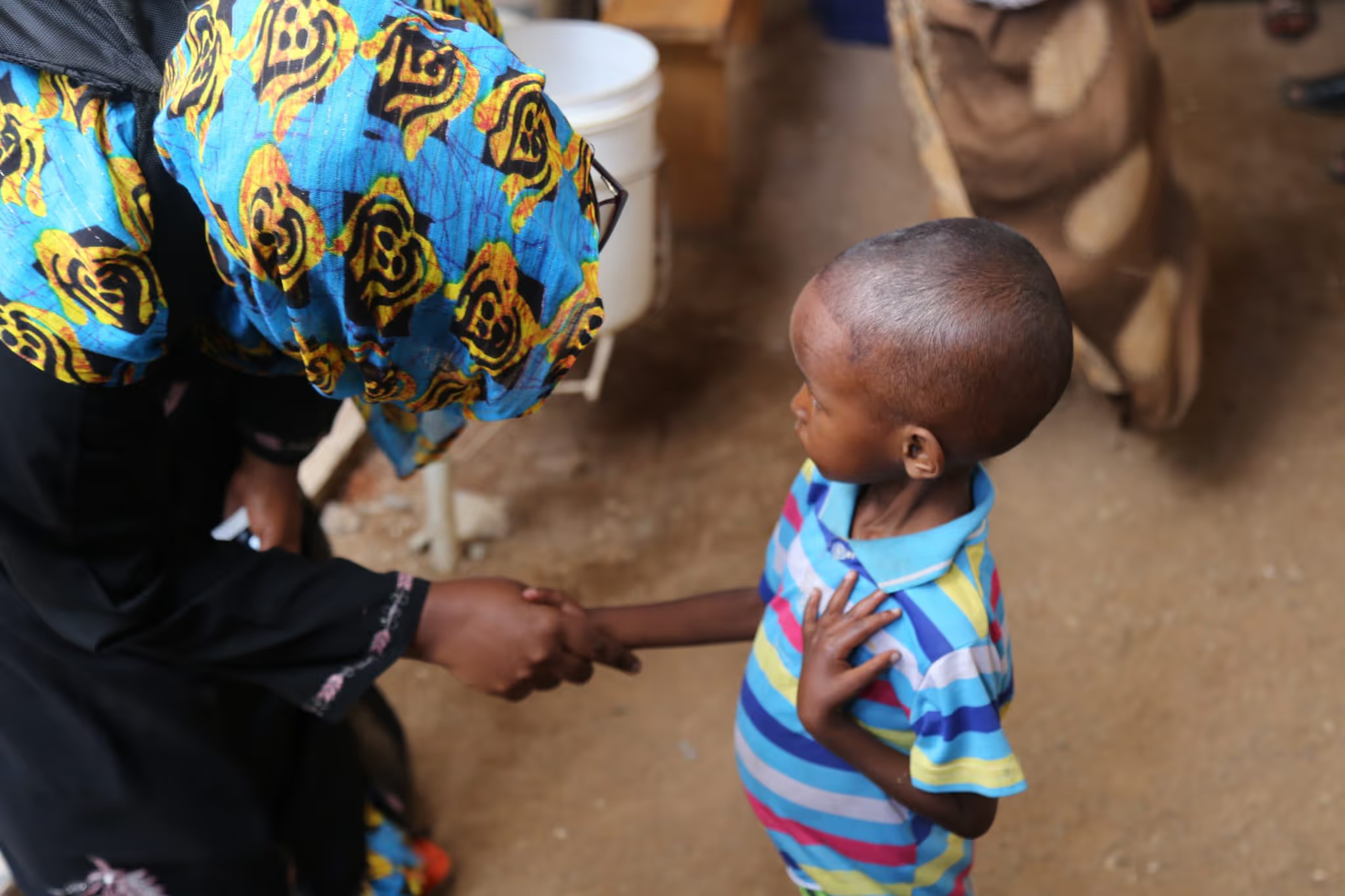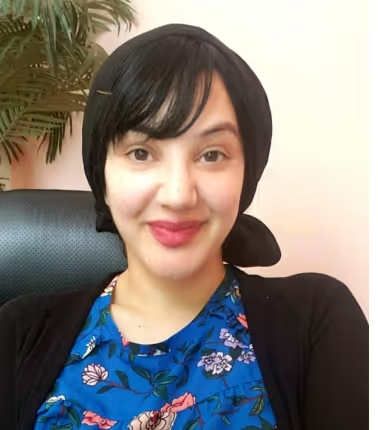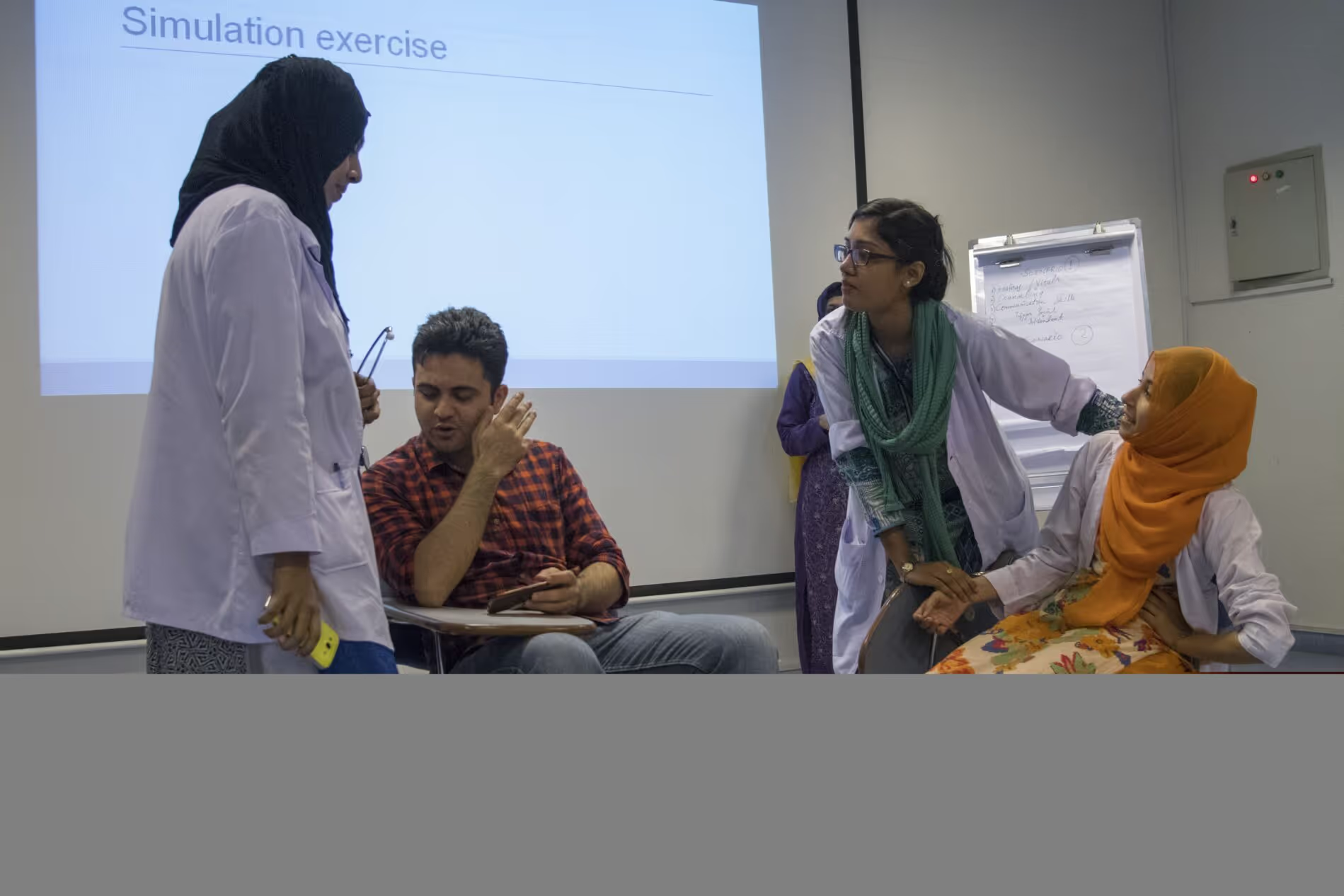Implementation of public health measures during the COVID-19 pandemic in French-speaking Africa: Case of Mali
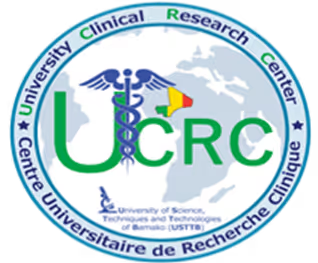
Project overview
This exploratory qualitative study helped to understand how COVID-19 response measures were implemented by Internally Displaced Persons (IDPs), and the barriers they experienced to the uptake of these measures.
Project solution
This project offers [specific solution or intervention] to tackle [challenge]. By implementing [strategies, tools, or innovations], the project aims to achieve [desired outcomes]. The approach is designed to [specific actions or methods] to bring about meaningful change in [community, region, or issue area].
Expected outcomes
This project aims to achieve [specific outcomes], such as [measurable results, improvements, or changes]. The expected impact includes [benefits to the target community, advancements in research or innovation, or long-term effects]. By the end of the project, we anticipate [specific changes or milestones] that will contribute to [broader goals or objectives].
Principal Investigator: Mohamed Ag Ali Ahmed & Birama Apho Ly (University of Sciences, Techniques and Technologies of Bamako (USTTB))
Research Snapshot: The experiences of IDPs in Mali during COVID-19
When the COVID-19 pandemic struck, governments around the world began implementing public health measures, such as quarantine. This study looks at how these measures affect the lives of internally displaced people (IDPs) in Mali, and how public health actors can adapt approaches.
[.cta_link]View Snapshot[.cta_link]
What did the study set out to achieve?
This study aimed to contribute towards contextualising and adapting public health measures among Internally Displaced Persons (IDPs) in order to slow or stop the spread of COVID-19 in the case of Mali.
It focused on:
- the challenges faced by decision makers and humanitarian actors when implementing measures,
- the difficulties faced by IDPs living in Bamako and Segou when adopting these measures, and
- the adjustments made by these IDPs to overcome difficulties.
This study aimed to understand how the COVID-19 response could be supported through improved implementation and adoption of these measures by IDPs.
A qualitative exploratory study involving semi-structured interviews and focus groups was conducted. Participants included administrative, political and health authorities; humanitarian actors; and IDPs living in Bamako and Ségou.
What were the key findings?
- Challenges with quarantining and isolation for IDPs include the difficulties in contacting positive cases; the lack of facilities for quarantine and isolation; the lack of physical space for building new facilities; and the lack of financial resources to support IDPs during isolation and quarantine.
- Barriers for social distancing include the proximity in which IDPs live, lack of financial resources, lack of respect for health measures, local beliefs and values, and lack of water /sanitation.
- Local actors tried to meet these challenges by building new shelters or splitting up existing ones;
creating income-generating activities and food banks; providing psychosocial help; awareness-raising campaigns; and nightly police patrols to discourage IDPs from going out. - IDPs also developed their own initiatives to reduce infection spread, such as early warning systems for positive or suspected cases and raising awareness.
What does this mean for policymakers and practitioners?
Various specific challenges were faced by both IDPs in Bamako and Segou during COVID-19, and by Malian actors implementing public health measures. It is important to be aware of the specific needs and vulnerabilities of IDPs when implementing public health measures in response to disease outbreaks.
The findings show IDPs were inhibited from complying with social distancing and quarantine measures not only due to practical or economic concerns (such as loss of income), but also psychosocial barriers such as fear of stigma, or unwillingness to break with existing social behaviors. These factors need to be considered in messaging around public health measures.
The lack of dedicated space to enable quarantine was also a barrier which could be addressed in future.
Finally, the strategies of improving systems for early warning about positive cases, and for raising awareness, appear to have been effective and could be built on. Initiatives led by IDPs themselves may be more likely to be sustainable.
Project delivery & updates
Stay up to date with the latest developments from this project. Here, you will find details on what has been delivered, resources created, and regular updates as the project progresses. Access key documents, reports, and other materials to see how the project is making an impact.
